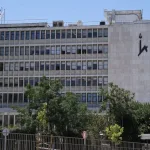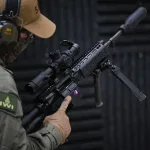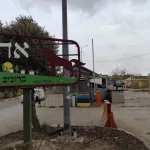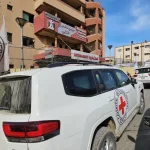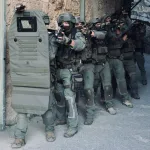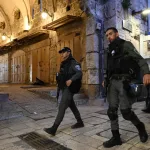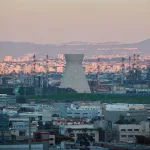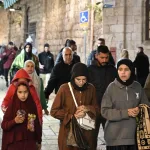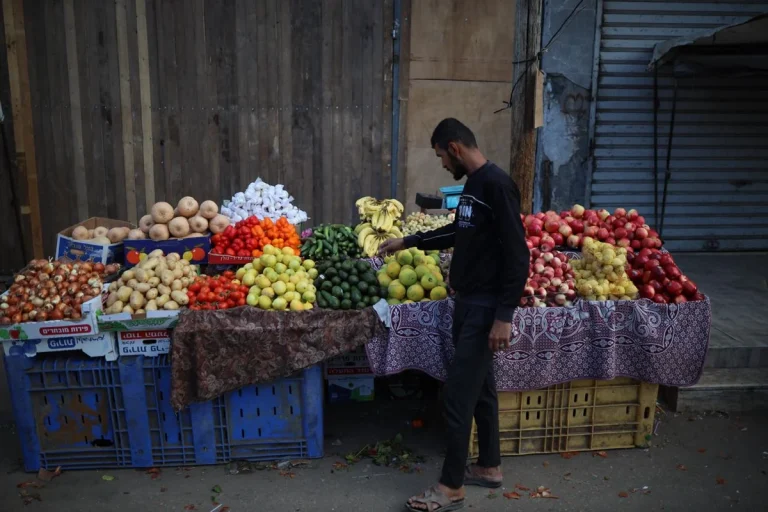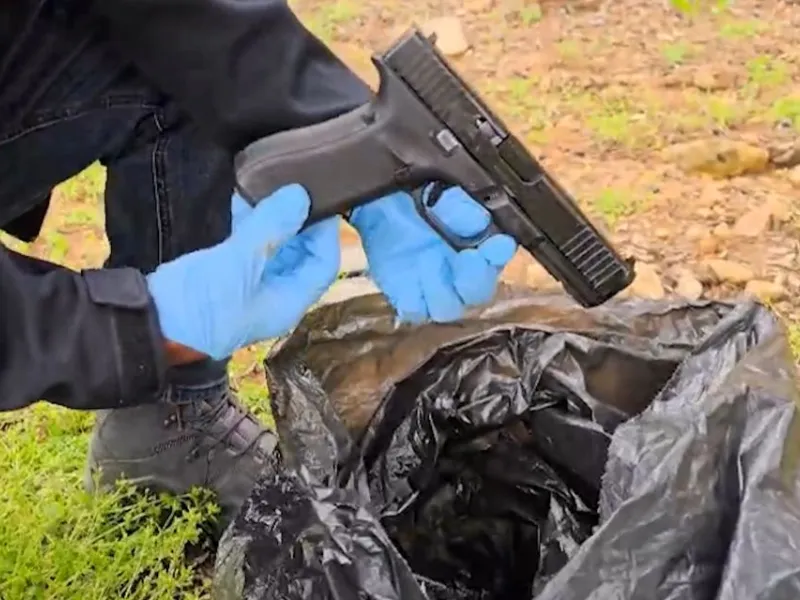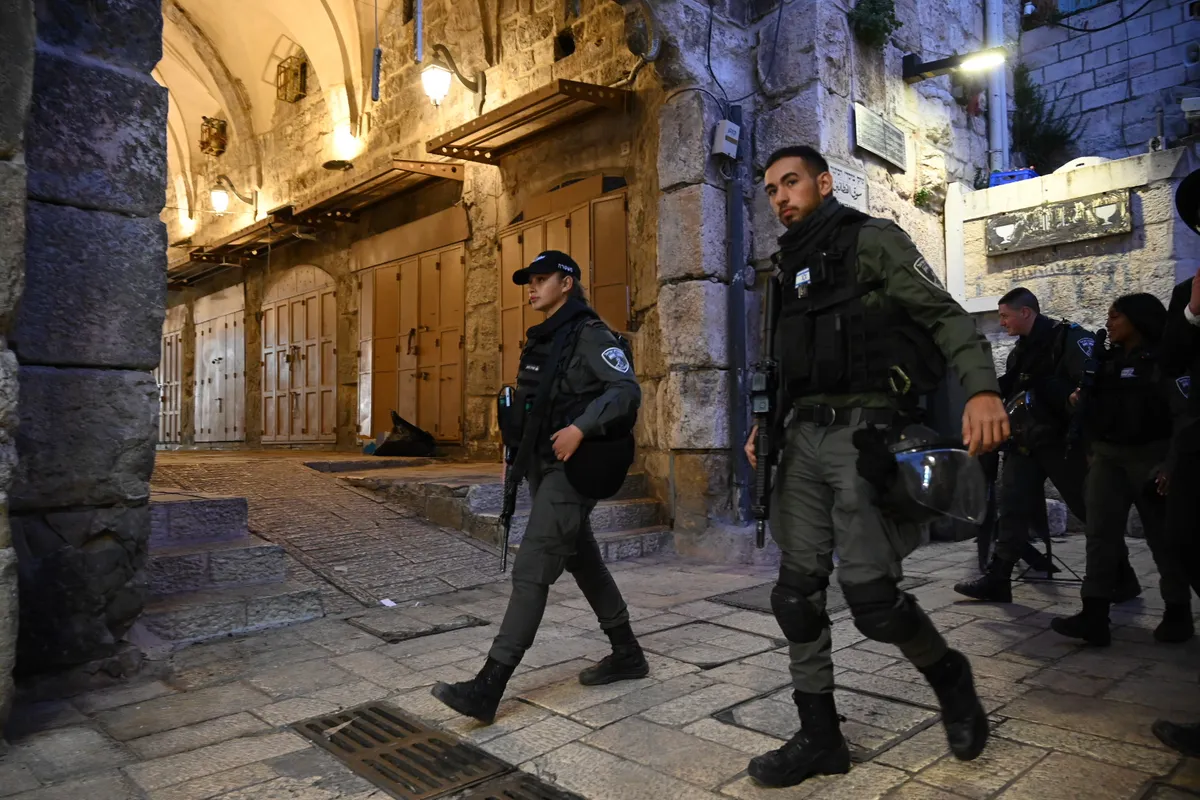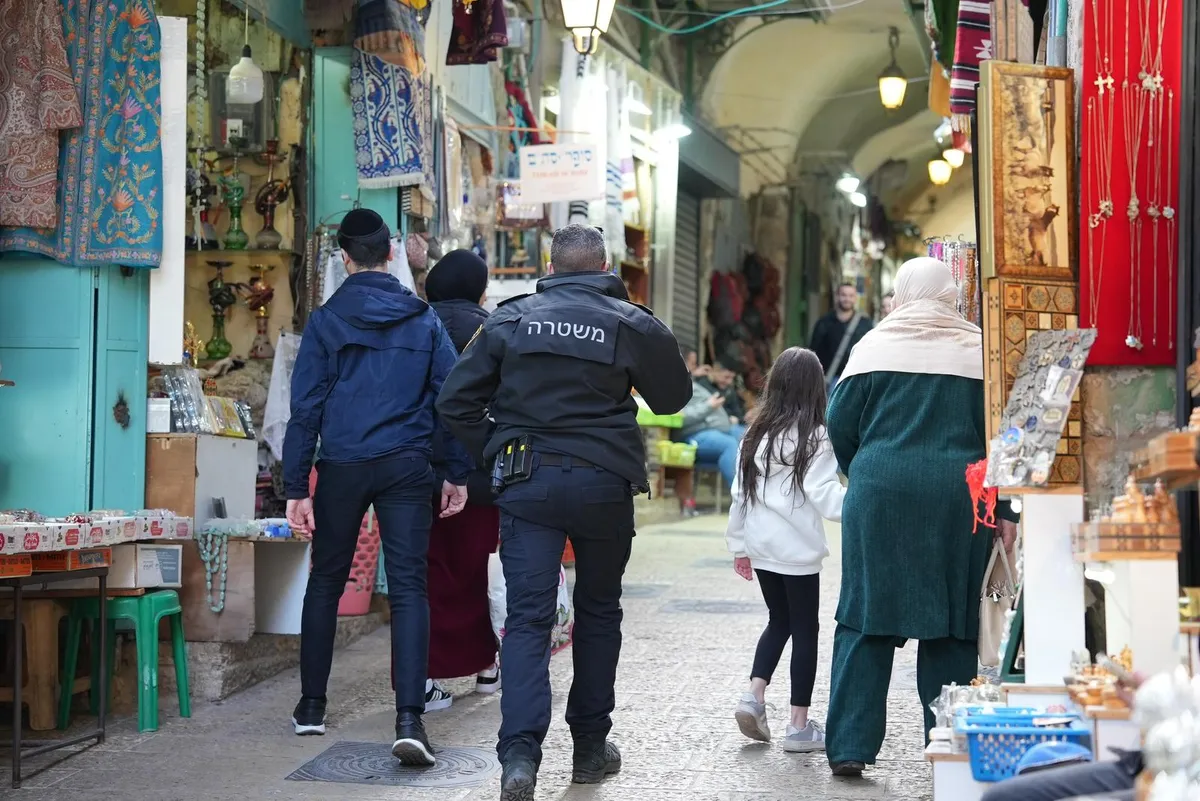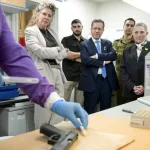Jerusalem, 21 october, 2025 (TPS-IL) — While more humanitarian aid has been reaching Gaza since the Israel-Hamas ceasefire, United Nations data seen by The Press Service of Israel indicates that more than one-quarter of the food delivered is still not reaching Palestinians, either because it remains undelivered or is stolen after entering the Strip.
“Life is non-existent — no health care, no proper living conditions, no treatment, no water, no normal life,” Abu Mahmoud Abu Mansour of northern Gaza told TPS-IL.
“Thank God [the war] ended at this stage, after draining all our strength. We praise God it stopped at this point because we were truly exhausted. We need a break — to live in safety and peace after this bloody war that killed so many people and displaced us from our homes,” said Nabil al-Qird, who was displaced from his home in the northern Gaza area of Jabaliya.
“We want to return to our normal lives. We want our children to go to school, study and learn, and for life to return to normal,” Qird added.
According to data on the website of the UN Office for Project Services (UNOPS), 27% of the food brought to the Gaza crossings since the ceasefire went into effect on October 10 has not reached the Palestinians.
Undelivered Aid
Specifically, 12,915.58 tons of aid were offloaded at the Gaza border crossings, where food, shelters, fuel, and other commodities undergo an Israeli security inspection before entering the Strip. Food accounts for 55.3% of the aid brought to the crossings since the ceasefire.
However, according to the UNOPS numbers, 2,410 tons of aid remain undelivered at the crossings, with pallets sitting in the sun. That number does not include undelivered aid offloaded before the ceasefire.
In an email response to questions from TPS-IL in July, a UN spokesperson attributed the delay to strict Israeli security protocols. “Kerem Shalom isn’t a walk-up warehouse,” the spokesperson said.
“For 11 weeks, the Israeli authorities blocked the entry of any items — regardless of how critical they were for civilians’ survival. So, images of supplies piling up inside closed, militarized compounds in fact show what aid workers have not been facilitated in collecting and delivering,” she wrote.
But legal expert Anne Herzberg blamed the UN for the necessity of time-consuming inspections. She told TPS-IL in July that the UN knew that Hamas was using the aid convoys to smuggle weapons but turned a blind eye. Herzberg is the legal advisor to NGO-Monitor, a Jerusalem-based non-profit that monitors the activities of non-governmental organizations.
“Had they been more proactive in trying to block weapons smuggling and aid diversion, they wouldn’t need any inspections,” she insisted.
On Oct. 5, Israel’s Coordinator of Government Activities in the Territories (COGAT) called on the UN to step up its efforts to collect and distribute undelivered humanitarian aid sitting on the Palestinian side of the Kerem Shalom border crossing, saying “hundreds of trucks’ worth of food – thousands of pallets – are still waiting.”
109 Tons of Food Stolen Every Day
Since the ceasefire took effect, 110 of 981 trucks (11%) were looted after entering the Strip, resulting in the loss of 1,097.321 tons of food, an average of 109 tons stolen every day.
According to the UNOPS data, only food trucks associated with the World Food Program have been looted, though this is consistent with trends before the ceasefire. Food made up 98% of commodities looted since May 19, when the agency began tracking the numbers.
But the overall rate of trucks being hijacked has fallen. In July, TPS-IL found that 85% of the aid trucks were looted.
UNOPS does not identify who is responsible for the theft, except to say “Either peacefully by hungry people or forcefully by armed actors, during transit in Gaza.” But Gaza residents told TPS-IL in July that everyone knows Hamas gunmen hijack the trucks.
Around 1,200 people were killed and 252 Israelis and foreigners were taken captive by Hamas during the Oct. 7, 2023, attack on southern Israel. The bodies of 15 more hostages remain in Gaza.





